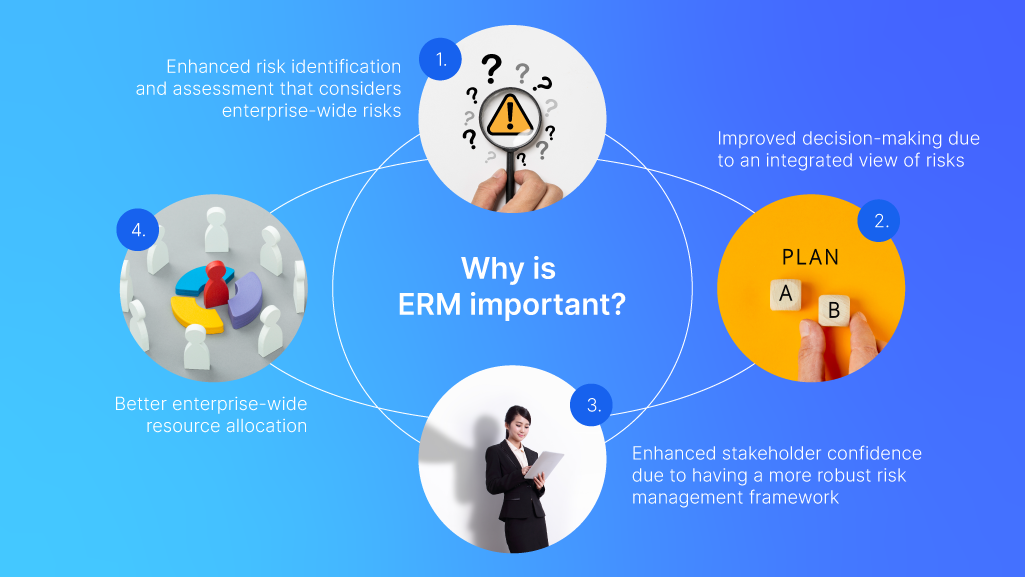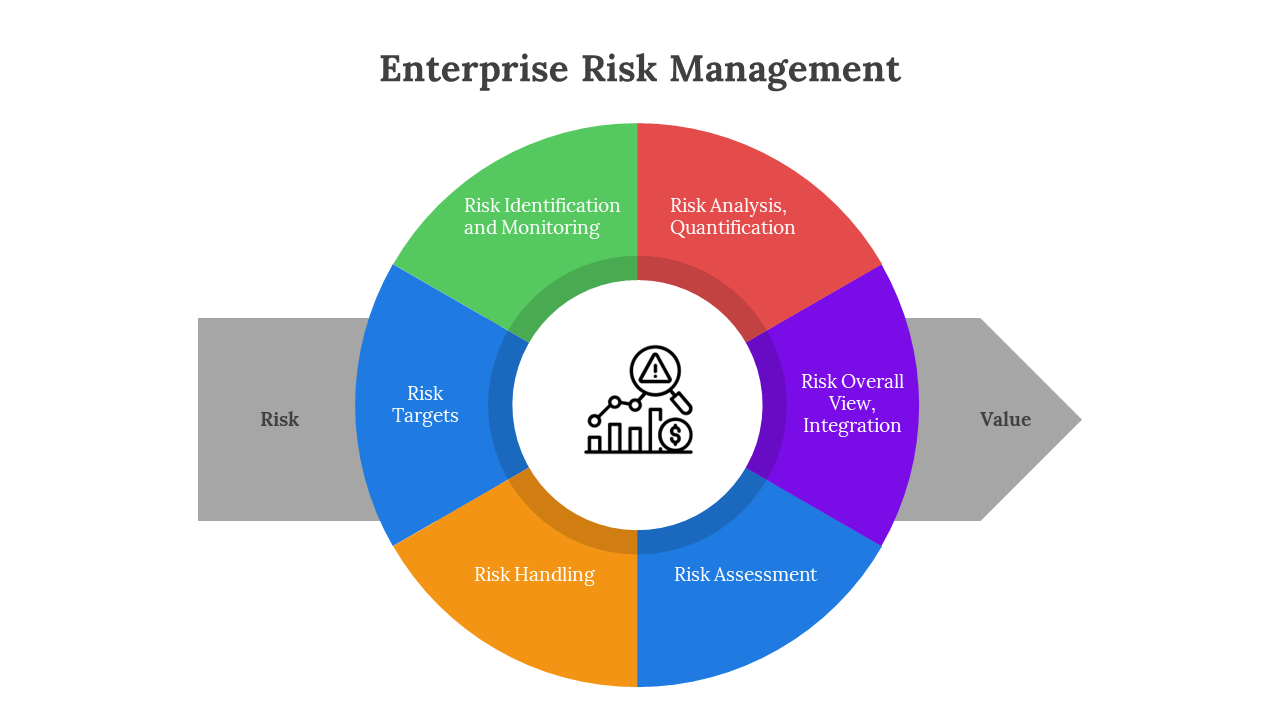Explore the Function of AI in Supporting Ethics and Stability to Combat Expert Threats Effectively
The combination of AI in business structures has become crucial in resolving expert dangers. By employing advanced analytics and real-time monitoring, AI systems can recognize deviations from ethical actions amongst staff members (Insider threats). This aggressive technique not just boosts conformity but also promotes an environment of depend on. As firms progressively count on these innovations, questions occur regarding their effectiveness and potential effects for workplace society. What lies in advance in the advancement of AI's function in promoting honesty?
Recognizing Insider Dangers and Their Effect On Organizations
Although organizations frequently focus on external threats, expert threats present a considerable threat that can weaken protection and integrity. These dangers arise from individuals within the company, such as professionals or workers, who may abuse their access to delicate details for individual gain or destructive intent. The influence of insider risks can be serious, resulting in economic losses, reputational damages, and lawful ramifications.
Elements adding to insider hazards include frustration with the workplace, absence of oversight, and inadequate employee training on safety and security methods. Organizations typically struggle to recognize these risks, as they can be tough to find till considerable damage has actually happened. Prevention methods should focus on fostering a society of depend on and responsibility, along with implementing robust tracking and reporting systems. By identifying and attending to the complexities of insider risks, companies can boost their safety position and shield their useful assets from internal risks.
The Development of AI in Office Safety
As organizations significantly challenge diverse safety and security obstacles, the combination of expert system (AI) in workplace protection has actually developed substantially. Initially, AI applications focused mostly on automating fundamental safety protocols, such as accessibility control and surveillance. Nevertheless, innovations in artificial intelligence and information analytics have changed AI right into a proactive device with the ability of recognizing possible risks and susceptabilities in real-time.
Organizations now leverage AI-driven systems to evaluate large amounts of data, enabling them to detect strange actions that may suggest expert dangers. This evolution has led to the development of sophisticated algorithms that can discover from historic occurrences, improving the system's anticipating capacities. In addition, AI tools are significantly utilized to streamline event response processes, enabling safety groups to act swiftly and properly.
Just How AI Monitors Worker Habits for Ethical Compliance
Synthetic intelligence plays an essential duty in checking employee actions to assure moral conformity within organizations. AI systems examine substantial quantities of information created by workers, consisting of interactions, purchases, and accessibility to sensitive details. By using innovative formulas, these systems can recognize deviations from developed honest criteria and firm plans.
Device knowing models continuously adjust to recognize patterns of actions that could show ethical breaches, such as unauthorized data accessibility or unusual transaction activities. Insider threats. Additionally, AI-driven tools can give real-time notifies to management, helping with prompt treatments when possible risks are discovered
The integration of AI right into conformity monitoring not just improves the organization's ability to maintain stability however additionally promotes a culture of liability among workers. By promoting transparency, AI systems function as a deterrent versus unethical habits, making sure that staff members continue to be lined up with moral requirements and business worths.
Examining Patterns: Identifying Risky Actions With AI
An expanding number of organizations are leveraging AI to examine patterns that may show risky habits among workers. By utilizing innovative formulas, these systems can sift through large amounts of data, identifying abnormalities in individual habits that could suggest potential expert hazards. As an example, AI can identify unusual accessibility patterns to delicate information, such as employees accessing documents outside their typical extent of work or during atypical hours. In addition, behavior analytics can highlight frequent changes in a staff member's communication design or partnership routines, which might indicate underlying problems. This positive technique allows companies to pinpoint threat variables prior to they escalate right into significant threats. Consequently, the combination of AI right into checking practices not just improves protection however likewise fosters a culture of accountability and honest habits. By recognizing these patterns, organizations can better comprehend the behavior characteristics within their labor force, ultimately promoting a much safer and a lot more moral workplace.
Real-Time Insights: Immediate Reactions to Prospective Dangers
Real-time understandings via anticipating analytics and automated sharp systems play an important function in attending to possible hazards to values and honesty. By leveraging these technologies, organizations can anticipate risky behaviors and respond quickly to reduce dangers. This proactive method improves responsibility and promotes a culture of stability in different environments.
Predictive Analytics Applications

Automated Alert Equipments
Predictive analytics offers a structure for companies to enhance their responsiveness to honest concerns with automated alert systems. These systems use real-time data to keep track of activities, discovering anomalies that may indicate prospective insider risks. By leveraging equipment learning algorithms, automated notifies can determine patterns of habits that differ developed norms, permitting swift intervention. This immediacy is important in mitigating risks connected with unethical techniques. Furthermore, automated sharp systems can improve interaction among pertinent stakeholders, making sure that potential risks are addressed immediately and effectively. As organizations significantly rely upon AI-driven options, the assimilation of automated alert systems will play a crucial role in promoting a society of values and integrity, eventually securing business properties.
Promoting a Society of Trust Fund Through AI-Driven Openness
AI-driven openness can greatly improve trust fund within organizations by promoting responsibility and open interaction. Via real-time surveillance solutions, stakeholders can acquire understandings right into processes and decision-making, fostering a culture of stability. Data-driven decision-making additionally sustains this openness, allowing notified options that line up with honest criteria.
Enhancing Openness and Responsibility
Exactly how can organizations successfully sites promote a society of depend on? By improving transparency and responsibility with the tactical use of synthetic intelligence. AI can help companies methodically track decision-making procedures, making sure that actions align with established moral requirements. This transparency enables workers to see the rationale behind choices and policies, decreasing ambiguity and cultivating a feeling of fairness. Additionally, AI-driven devices can assist in clear communication concerning duties and expectations, empowering people to take possession of their actions. As liability comes to be deep-rooted in the organizational society, staff members are a lot more most likely to take part in ethical actions, understanding their activities are monitored and reviewed. Eventually, this method cultivates an environment where trust fund can prosper, substantially minimizing the danger of expert threats.
Real-Time Surveillance Solutions
As organizations increasingly seek to cultivate a culture of trust, real-time tracking solutions become a pivotal tool in boosting transparency. These AI-driven systems continually track activities, supplying understandings into individual behavior and prospective abnormalities that may suggest expert risks. By implementing such surveillance options, companies can proactively determine threats, making sure timely reactions to dubious activities. This not only safeguards delicate details but likewise enhances a dedication to ethical methods. The transparent nature of real-time tracking assists develop staff member self-confidence, as people hop over to these guys are aware that their actions are being observed for the greater good. Eventually, these options offer to grow a workplace setting based in trust fund, accountability, and ethical integrity, vital for minimizing expert hazards effectively.

Data-Driven Choice Making
Real-time surveillance options lay the foundation for data-driven choice production, which considerably improves organizational transparency. By leveraging AI innovations, organizations can evaluate vast amounts of information to recognize abnormalities and patterns a sign of prospective insider risks. This analytical strategy makes it possible for stakeholders to make educated decisions grounded in empirical proof, promoting a culture of count on amongst staff members. Transparency in decision-making processes, bolstered by AI-driven insights, encourages responsibility and honest actions. In addition, it enables organizations to proactively deal with vulnerabilities, ensuring that actions taken are warranted and interacted clearly. Because of this, the application of data-driven techniques not only minimizes dangers related to expert threats yet additionally reinforces the worths of stability and honest conduct within the organizational structure.
Future Patterns: The Role of AI in Enhancing Office Ethics
While organizations increasingly transform to synthetic knowledge for operational performance, the capacity of AI to boost work environment values is acquiring prestige. Future patterns show that AI will certainly play a necessary role in creating honest structures and guidelines, permitting organizations to navigate intricate moral issues. By evaluating substantial amounts of information, AI can identify patterns of dishonest behavior and give insights that advertise openness and accountability.
AI-driven tools can promote real-time monitoring of employee communications, assuring adherence to ethical criteria. This aggressive approach not only alleviates expert threats however additionally cultivates a culture of honesty. As organizations embrace AI innovations, they must also prioritize moral programming and algorithmic predisposition reduction to ensure justness.
In this advancing landscape, the assimilation of AI in ethical practices represents a transformative shift, fostering an environment where integrity is not simply anticipated yet methodically reinforced.
Frequently Asked Questions
Exactly How Does AI Differentiate In Between Benign and Malicious Actions?
AI differentiates between harmful and benign actions by evaluating patterns in individual habits, employing artificial intelligence algorithms to identify anomalies, and evaluating contextual information to establish whether activities line up with well-known standards or display prospective risks.
Can AI Tools Replace Human Judgment in Ethical Decision-Making?
AI devices can not totally change human judgment in ethical decision-making. While they can assess information and identify patterns, the nuanced understanding of context, values, and ethical implications still needs human insight and discernment.
What Are the Privacy Ramifications of AI Checking Employee Habits?

Just How Can Organizations Make Certain AI Algorithms Are Ethically Made?
Organizations can assure AI algorithms are ethically made by applying clear advancement processes, entailing diverse stakeholders, conducting normal audits, and sticking to recognized ethical structures that prioritize justness, responsibility, and respect for customer privacy and rights.
What Training Is Required for Staff to Comprehend Ai's Moral Function?
Staff training need to include foundational AI ethics, data personal privacy, and bias recognition. Workshops, case researches, and interactive sessions can boost understanding, making certain employees recognize AI's honest effects and its duty in promoting integrity within the organization.
Fabricated intelligence plays an important duty in keeping track of staff member behavior to ensure moral compliance within companies. The integration of AI into checking practices not just boosts safety and security yet also promotes a society of accountability and honest actions. While companies significantly face honest predicaments and prospective stability breaches, predictive analytics applications use prompt insights that can assist minimize these risks. Predictive analytics gives a foundation for organizations to boost their responsiveness to ethical issues with automated sharp systems. Future trends indicate that AI will play a crucial role in developing ethical frameworks and guidelines, enabling companies to browse intricate ethical dilemmas.